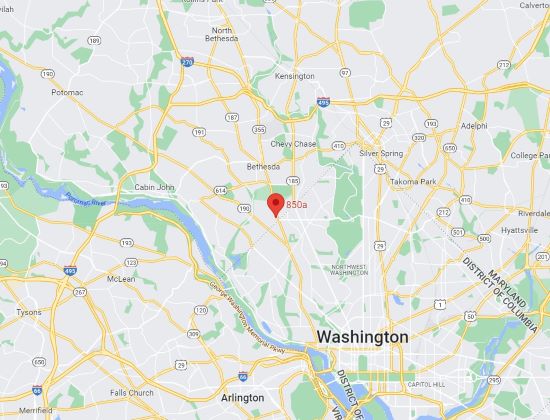Approximately 700,000 LASIK procedures are performed every year. This safe, effective alternative to glasses and contact lenses is extremely popular and can change people’s lives for the better. That’s why so many people in the Washington, DC metro area visit Dr. Andrew E. Holzman’s offices to learn more about the procedure.
Many of these people ask if LASIK surgery will be covered by their medical insurance. The answer is surprisingly a bit more complicated than a strict yes or no. Let’s get into the issue below.
LASIK Is Usually Not Covered by Insurance
First things first, we should make it clear that the vast majority of health insurance providers do not cover LASIK for most people.
LASIK is considered an elective procedure rather than a medically necessary one, which is why most health insurance providers do not offer LASIK coverage, even if they have an otherwise robust vision plan. This is frustrating for many people who suffer from refractive error and would like to experience clear vision without glasses or contact lenses.
There are exceptions, however.
Instances in Which LASIK May Be Covered by Insurance
While LASIK generally isn’t covered by health insurance, there are some instances in which insurance will cover the procedure. Very specific criteria must be met to qualify, however, and coverage will vary from provider to provider. Some instances may include:
- Physical Inability to Wear Glasses or Contacts – If a person suffers from a physical deformity or disability that prevents them from wearing glasses and is also medically unable to tolerate or wear contacts, LASIK may be the only viable option for treating refractive error.
- Refractive Errors Caused by an Injury – In these cases, the refractive errors was caused by an accident or physical trauma, making LASIK a medically necessary option for vision correction.
- Refractive Errors Caused by Surgery – If another eye surgery caused refractive error, LASIK could be considered medically necessary to correct the damage that was done.
- Severe Refractive Error – Severe refractive errors may require laser eye surgery for correction. However, “severe” is a vague way to put this, and insurance companies may be inconsistent in how they apply this stipulation.
If any of these matters apply to you situation, the team at our Washington, DC vision centers can discuss these matters with you in much greater detail.
Vision Procedures Typically Covered by Insurance
Usually medical and vision insurance will only cover glasses, contact lenses, medical eye exams, and cataract surgery. Even with these procedures and services, certain conditions may need to be met in order to qualify for insurance coverage or discounts through your insurance provider.
Check with Your Insurance Provider About Vision Coverage
Even though LASIK is rarely covered by most insurance policies, it’s a good idea to check with your insurance provider directly. This will give you all the information you need from your insurance provider about what vision services are covered and what conditions must be met to qualify for coverage.
Discussing Payment Options at Our Practice
Even though LASIK may not be covered by insurance, we offer a number of payment plans and financing options that can put the procedure and clear vision within reach. We’d be more than happy to discuss these with you during a consultation.
Learn More About LASIK
If you would like to learn more about LASIK and how it can benefit you, be sure to contact a trusted LASIK surgeon. We are proud to serve the greater Washington, DC area. You can reach the office of Dr. Andrew E. Holzman by calling (703) 552-5221.




